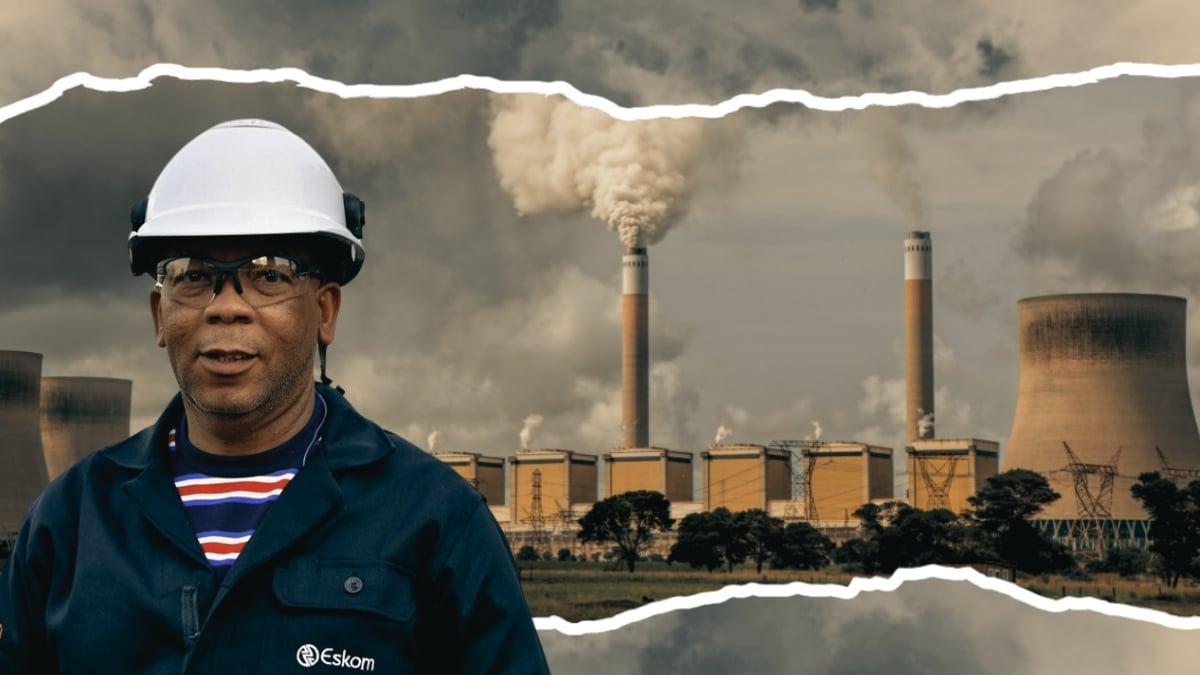Africa-Press – South-Africa. South Africa intends to revive a controversial modular nuclear reactor program and step up its reliance on gas to generate electricity, according to a new energy-policy blueprint unveiled by the nation’s electricity and energy minister.
A revised Integrated Resource Plan approved by the cabinet last week envisions R2.23 trillion being invested in energy infrastructure by 2042, with nuclear and gas accounting for 16% of total generation capacity in the next 14 years compared to 3% currently, Kgosientsho Ramokgopa told reporters on Sunday.
Dependence on coal will drop to 27% in that same period, from 58%, he said.
This is “the single biggest investment program of the post-apartheid era,” and will ensure that “we’re able to achieve energy security,” he said.
The most-industrialized nation on the continent, South Africa relies on coal to generate the bulk of its electricity and had suffered from rotational blackouts for decades before they began easing last year.
South Africa is using the IRP to map out how the country will meet energy demand while still limiting emissions to achieve so-called net-zero electricity generation by 2050.
“Globally, there’s a trend of going nuclear,” Ramokgopa said. “Fourteen of the world’s top financing institutions have committed, that indeed, they’re going to finance nuclear going into the future. So we’re not just restricted to a boutique, or a small grouping, of finance institutions.”
Eskom, South Africa’s state power utility, first mooted the modular pebble-bed nuclear project in 1999, predicting that licensing the technology to other utilities would generate billions of rand a year.
South Africa spent $980 million trying to develop the project before it was put on hold in 2010.
The proposed atomic reactor and plans to increasingly pivot toward using gas are likely to be challenged by civil-rights groups that have successfully opposed a number of the country’s fossil-fuel projects, said Liziwe McDaid, strategic lead at The Green Connection, an environmental nonprofit.
For More News And Analysis About South-Africa Follow Africa-Press






